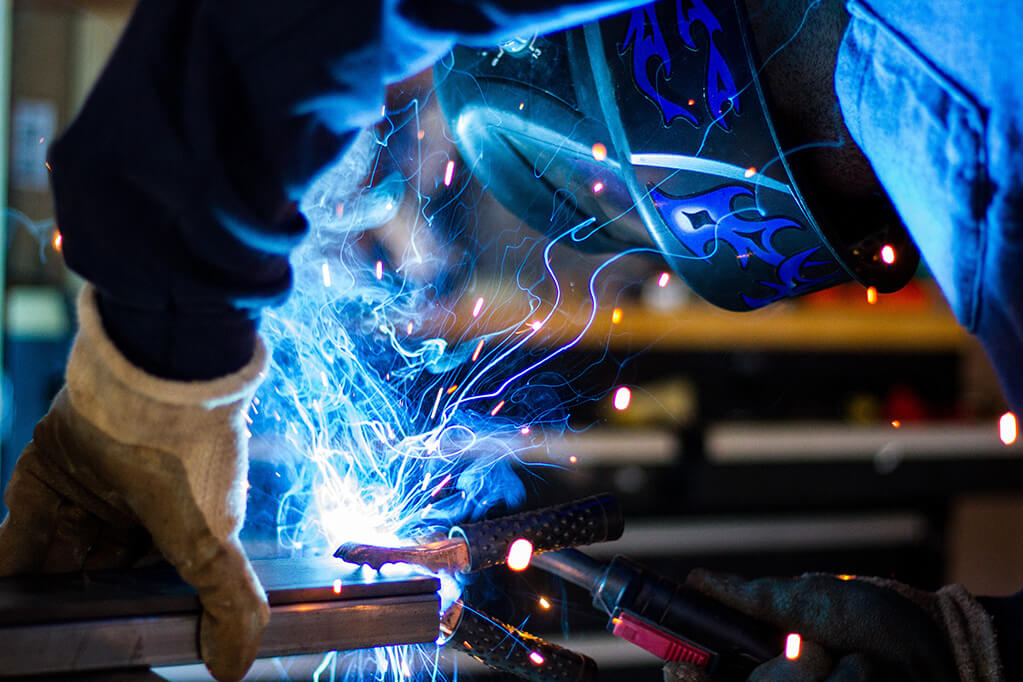Business gets political
2017 has been a tumultuous year for politics across the globe, with many businesses unsure of what to expect from local and international governments.
In the March 2017 quarter edition of the Equipment Demand Index, Capital Constraints a Common Complaint, research found that although businesses were keen to grow their operations, many were reluctant to do so. This was largely a result from the political hangover of 2016 with the Brexit shock in the UK, the announcement of President Trump and the Chinese economy slowing down.
Although businesses appear to be more confident this quarter, 54.8 per cent of businesses expect politics to have an impact on their ability to grow which will inevitably have an impact on acquiring the assets they need to expand. The biggest sectors who anticipate an impact on their business are mining (93.3 per cent), property and business services (74.2 per cent) and electricity/gas/water (71.4 per cent).
On top of this, 26.6 per cent of all businesses intend to increase their asset base, down from 28.8 per cent in the June 2017 quarter.
Victorian businesses are the most bullish of all the states with 28.8 per cent of all firms intending to add to their plant and equipment this quarter.
If we compare this to the September 2017 quarter, Victoria recorded a strong increase in investment in plant and equipment of $3.1 billion, up from $2.1 billion in the June 2017 quarter. Although investment in the state has wavered over the past six months, it now appears to be levelling out.
Despite the electricity/gas/water industry is one of the most concerned sectors regarding the negative impact from politics, they are also the most ambitious with 71.4 per cent of businesses intending to acquire new assets. This is followed by agriculture, forestry and fishing (43.2 per cent) – which is currently seeing a surge in new agritech to monitor crop and livestock wellbeing – and transport (28.2 per cent).


